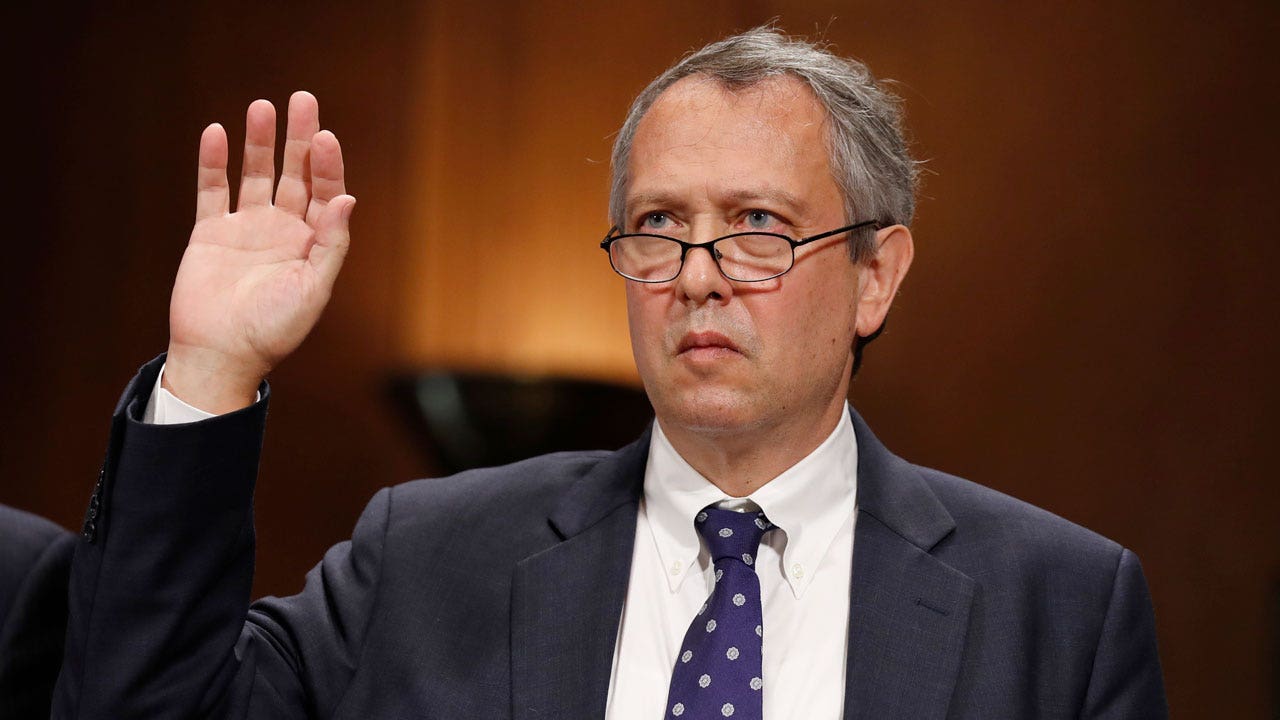American officials are trying to increase international pressure on Russia not to deploy an antisatellite nuclear weapon in space, and have obtained information that undermines Moscow’s explanation that the device it is developing is for peaceful scientific purposes, a senior State Department official said on Friday.
Concern over the Russian development of a new generation of space nuclear weapons has been growing in Washington, especially since Moscow’s veto last month of a U.N. measure aimed at keeping space free of such weapons. Some Republicans believe that the Biden administration is not doing enough to deter Russian work on the device, and others are concerned about China’s apparent decision not to pressure Moscow to stop.
On Friday, Mallory Stewart, the assistant secretary of state for arms control, said that while the United States had been aware of Russia’s pursuit of such a device for years, “only recently have we been able to make a more precise assessment of their progress.”
Ms. Stewart, speaking at the nonpartisan Center for Strategic and International Studies in Washington, said the orbit the Russian satellite would occupy is in a high-radiation region not used by other satellites, information that undercuts Russia’s defense that it is not developing a weapon.
She condemned Russia’s veto of a U.N. Security Council resolution pushed by the United States and Japan aimed at reaffirming the ban against nuclear weapons being deployed in orbit. She argued that every country should be pushing Russia not to deploy a nuclear-armed satellite.
“Everything that we’re doing in the diplomatic arena is working to prevent the Russians from going forward with this program,” she said. “The international response should be outrage if this actually does go forward, because it affects everyone, right? Every single country. It’s indiscriminate in its potential effect.”
Unlike traditional nuclear arsenals, the weapon would not be designed to hit earth. Instead, it could destroy swarms of commercial and military satellites, including those that are remaking global communications.
Ms. Stewart said that while the device was not deployed and did not pose an imminent threat, it would, if launched and used, “render lower earth orbit unusable, for a certain amount of time.” Lower earth orbit is stocked with satellites from entities like the U.S. government and communications companies like Starlink, meaning the weapon could disrupt many satellites beyond just those targeted.
Russia is set to defend its veto in front of the U.N. General Assembly on Monday.
China abstained in the Security Council vote, and backed a Russian amendment that nominally sought to create a broad ban on weapons in space and threats to space assets. Ms. Stewart said that while that topic had been discussed for years, there was no broad agreement in the international community for a wider ban.
U.S. officials have been worried about China’s decision to abstain from the vote and back the Russian position. Earlier this year, Secretary of State Antony J. Blinken made an appeal to Chinese officials to use their influence with Mr. Putin not to deploy the weapon.
Following the veto, Jake Sullivan, the White House national security adviser, said the United States believed that Russia was developing a new satellite capable of carrying a nuclear device. Mr. Sullivan said the placement of any such weapon in orbit would threaten a wide array of communications, scientific and national security services that depend on satellites.
The 1967 Outer Space Treaty prohibits the deployment of nuclear weapons in space. But Cold War-era arms control treaties have been pushed aside in recent years, and American officials believe the Outer Space Treaty could be the next to go.
“The Russian Federation has walked away from numerous, if not all of the, existing arms control treaties,” Ms. Stewart said. “It reflects its desire to place its personal ambition above international law.”
President Vladimir V. Putin of Russia has said he does not intend to deploy a nuclear weapon in space, but U.S. officials are skeptical, saying they have seen Russian work on the device and preparations to potentially put it in orbit. And Mr. Sullivan, in his statement, said if Russia had no intention of deploying a nuclear device, it would not have vetoed the resolution.
Representative Michael R. Turner, an Ohio Republican who is the chairman of the House Intelligence Committee, has raised alarms about the new Russian device. At a congressional hearing last week, he asked Defense Secretary Lloyd J. Austin III about the effects of a nuclear-armed antisatellite weapon.
“It would have devastating consequences on a lot of our capabilities in space — not only our capabilities but the capabilities of other countries,” Mr. Austin said. “And so, for that reason we think it’s irresponsible for anybody to even consider deploying or employing a nuclear device in space.”
At the hearing, Mr. Turner argued that the Biden administration was doing too little to highlight the threat of a Russian weapon and needed to focus more on deterring Russia from deploying it.
“I believe that this is a Cuban missile crisis in space, and this administration is sleepwalking itself into an international crisis,” Mr. Turner said.






